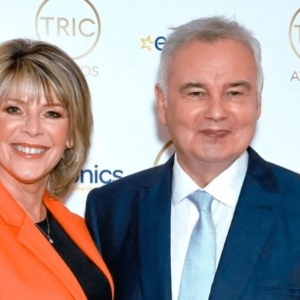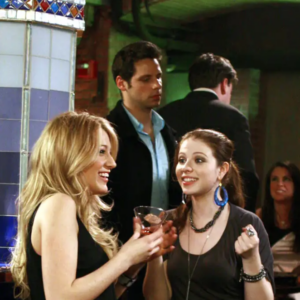The relationship between Meghan Markle, Prince Harry, and King Charles III has always been a complex tapestry, woven with threads of royal duty, personal choices, and family expectations. Recent reports
suggest that the couple may have disappointed King Charles over their approach to raising their children, Archie and Lilibet. This situation raises a multitude of questions regarding the differing values within the
royal family and the evolving dynamics as they adapt to modern parenting styles.
At the heart of this perceived disappointment lies the stark contrast between traditional royal upbringing and the more progressive, unconventional parenting methods favored by Harry and Meghan.

Traditionally, royal children have been raised under strict protocols that prioritize duty, decorum, and a sense of public service. In contrast, Meghan and Harry appear to be striving for a parenting style that
emphasizes emotional intelligence, inclusivity, and the importance of mental health. This divergence in philosophies has inevitably led to tensions, particularly with King Charles, who has spent a lifetime
adhering to the rigid expectations of royal life.
Reports indicate that King Charles is concerned that Harry and Meghan’s approach may distance Archie and Lilibet from their royal heritage. The couple’s emphasis on normalcy and privacy contrasts sharply
with the public nature of royal life. They have chosen to limit their children’s exposure to the media, opting for a more private upbringing that allows for a sense of normality amidst the pressures of royal life. While many parents can relate to the desire to shield their children from the harsh realities of fame, this approach may be at odds with Charles’s vision of his grandchildren embracing their royal identities and responsibilities.

Moreover, the disappointment expressed by King Charles also touches on broader themes of legacy and continuity within the royal family. Charles, who is now king, carries the weight of tradition and is likely keen on ensuring that the royal family’s values and customs are upheld. His experience as a parent, particularly with Prince William and Prince Harry, has undoubtedly shaped his expectations for how he envisions his grandchildren being raised. The royal family’s continuity is often linked to how the next generation embodies and upholds the values that have been passed down through generations.
The narrative surrounding Archie and Lilibet’s upbringing also highlights the complexities of modern parenthood within the context of a royal family. Meghan and Harry have openly discussed their commitment to breaking generational cycles of trauma and ensuring that their children grow up with a strong sense of identity. This includes promoting conversations about mental health and fostering an environment where their children feel safe to express their emotions. Such an approach may appear radical within royal circles but reflects a growing awareness of the importance of mental well-being in today’s society.

As Meghan and Harry navigate these familial tensions, they also face the challenge of reconciling their public personas with their private lives. The couple has been candid about the struggles they have faced as individuals and as parents, particularly in the context of the intense media scrutiny that follows them. They have expressed a desire to raise their children in a way that allows for freedom and exploration, but this is complicated by the royal family’s expectations and the realities of being part of the monarchy.
King Charles’s disappointment may also stem from the desire to establish a close relationship with his grandchildren. As a new king, he likely wishes to bond with Archie and Lilibet, fostering a sense of family unity despite the geographical distance between them. His vision for their upbringing might involve them being more integrated into royal events and traditions, reinforcing their connection to the monarchy. However, Harry and Meghan’s decision to prioritize their children’s emotional well-being over traditional royal engagements may inadvertently create a rift between them and the king.
The evolving dynamics within the royal family are not unique to Harry and Meghan; they reflect broader societal shifts in how families are structured and how children are raised. The rise of modern parenting trends that focus on emotional intelligence, inclusivity, and open communication contrasts with the more hierarchical and formal upbringing historically associated with royalty. This generational shift underscores the need for dialogue and understanding within families, particularly when differing philosophies come into play.
In conclusion, the perceived disappointment of King Charles regarding Meghan Markle and Prince Harry’s approach to raising Archie and Lilibet speaks to the complexities of modern royalty. As they navigate their roles as parents, the couple is striving to create an environment that prioritizes emotional well-being and personal identity, which may diverge from traditional royal expectations. This tension between tradition and modernity raises questions about the future of the royal family and the ways in which they will adapt to contemporary societal values. Ultimately, fostering understanding and open communication among family members may prove essential as they work to bridge the gap between royal tradition and the evolving dynamics of modern parenting.
Follow us to see more useful information, as well as to give us more motivation to update more useful information for you.





